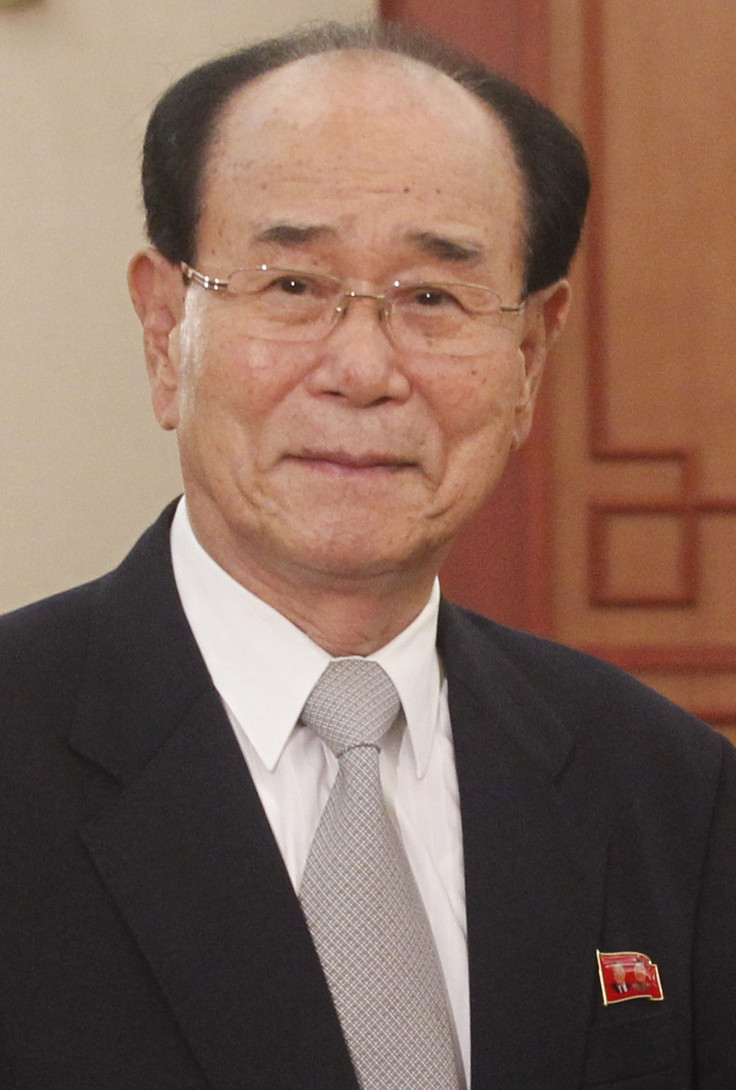Who is Kim Yong-nam, North Korea's ceremonial head of state chosen to lead the Olympics delegation?
Kim Yong-nam, a veteran diplomat, now presides over North Korea's parliament.
North Korea has decided to send its highest ranking officials led by a ceremonial head of state, Kim Yong-nam, to the upcoming Winter Olympics in South Korea in a move aimed at signalling that relations between the rivals could be improved in the coming days.
Kim Yong-nam, 90, president of the Presidium of the Supreme People's Assembly, will lead a 22-member delegation which will arrive on Friday, 9 February for a three-day visit centred on the PyeongChang Olympic Games. This is the first such visit by top-ranking North Korean delegates to Seoul in years.
South Korean authorities are hoping to hold key talks with the visiting delegates using this rare opportunity. "The government plans to make preparations in a way that talks between high-level government officials from the South and the North could take place in line with the North Korean delegation's attendance at the Olympic opening ceremony and other sports events during their stay here," said Baik Tae-hyun, a spokesman for the South Korean unification ministry.
"The government hopes that the upcoming visit by the high-level North Korean delegation will become a milestone in hosting an Olympics of peace, restoring inter-Korean relations and building peace on the Korean Peninsula," he added.
Local reports say President Moon Jae-in's office is also keen to hold a one-to-one meeting with Kim when he is in South Korea later this week, but there is no confirmation on this as yet.
This will be Kim's first-ever visit to South Korea and it will be the highest-level official visit to the country in more than four years.
An elite veteran diplomat, Kim has been the chief of the Presidium of the Supreme People's Assembly, the rubber-stamp parliament, since 1998. He has been holding on to the position since the former dictator Kim Jong-il was in power.
Following a successful diplomatic career, Kim entered North Korean political circles, heavily controlled by the regime, in 1970 and then rose to prominence in the 80s.
Technically, the ceremonial head of state is responsible for receiving credentials from foreign countries' diplomats and summit diplomacy, though the actual power in the country in all aspects of polity rests with the Kim Jong-un regime.
"As Kim is known to be acting and speaking under the country's guidance, he makes no mistakes. That's why he could keep his high-level post in a country where political purges are common," a North Korean defector, who did not wish to be identified, told the Yonhap news agency.























